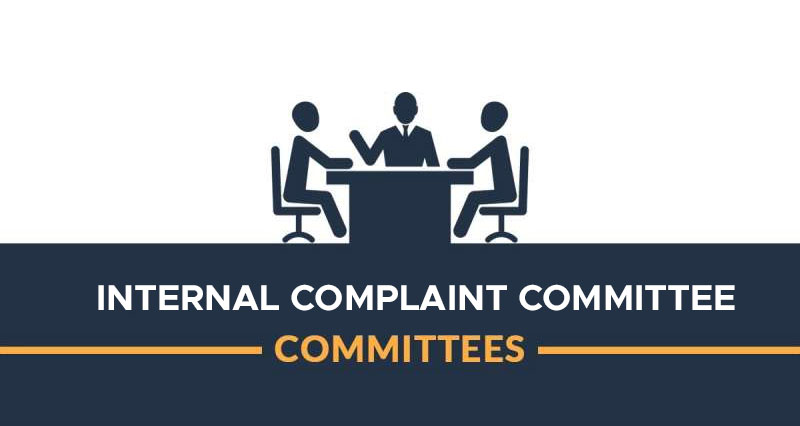ICC Introduction
- Home
- ICC Introduction
Introduction

With regard to the Supreme Court Judgment and guidelines issued in 1997 to provide for the effective enforcement of the basic human right of gender equality and guarantee against sexual harassment and abuse, more particularly against sexual harassment at work places, the University Grants Commission (UGC) has issued circulars since 1998, advising the institutions to establish a permanent cell and a committee and to develop guidelines to combat sexual harassment, violence against women and ragging at the universities and colleges. It has further advised the universities to be proactive by developing a conducive atmosphere on the campus, where the status of women is respected and they are treated with compassion. Keeping the above guidelines in view the University has constituted a Committee against Sexual Harassment.
SEXUAL HARASSMENT
“Sexual Harassment” includes any unwelcome sexually determined behavior, whether directly or by implication and includes physical contact and advances, a demand or request for sexual favors, sexually-colored remarks, showing pornography or any other unwelcome physical, verbal or non-verbal conduct of sexual nature. “Sexual harassment” shall include, but will not be confined to, the following:
- When unwelcome sexual advances, requests for sexual favours, and verbal or physical conduct of a sexual nature are made, either implicitly or explicitly, a ground for any decision relating to employment, academic performance, as extracurricular activities, or entitlement to services or opportunities at the University.
- When unwelcome sexual advances, and verbal, non-verbal and/or physical conduct such as loaded comments, remarks or jokes, letters, phone calls or e-mail, gestures, exhibition of Pornography, lurid stares, physical contact, stalking, sounds or display of a derogatory nature are made with the purpose and/or effect of interfering with an individual’s performance or of creating an intimidating, hostile, or offensive environment.
- When a person uses, with a sexual purpose, the body or any part of it or any object as an extension of the body in relation to another person without the latter’s consent or against the person’s will, such conduct will amount to sexual assault.
- When deprecatory comments, conduct or any such behavior is based on the gender identity/sexual orientation of the person and/or when the classroom or other public forum of the University is used to denigrate/discriminate against a person or create a hostile environment on the basis of a person’s gender identity/sexual orientation.
- Eve-teasing, unsavory remarks, jokes causing or likely to cause awkwardness or embarrassment, innuendos and taunts, sexist remarks, unwelcome sexual overtone in any manner such as over telephone (obnoxious telephone calls and the like),touching or brushing against any part of the body and the like, displaying pornographic or other offensive or derogatory pictures, cartoons, pamphlets or sayings, forcible physical touch or molestation and physical confinement against ones will and any other act likely to violate one’s privacy.
